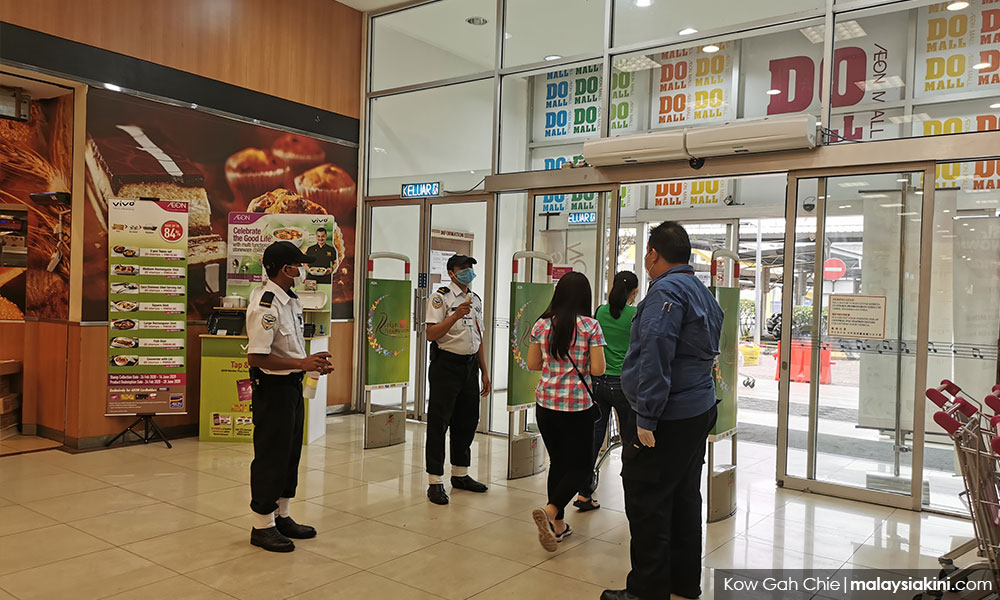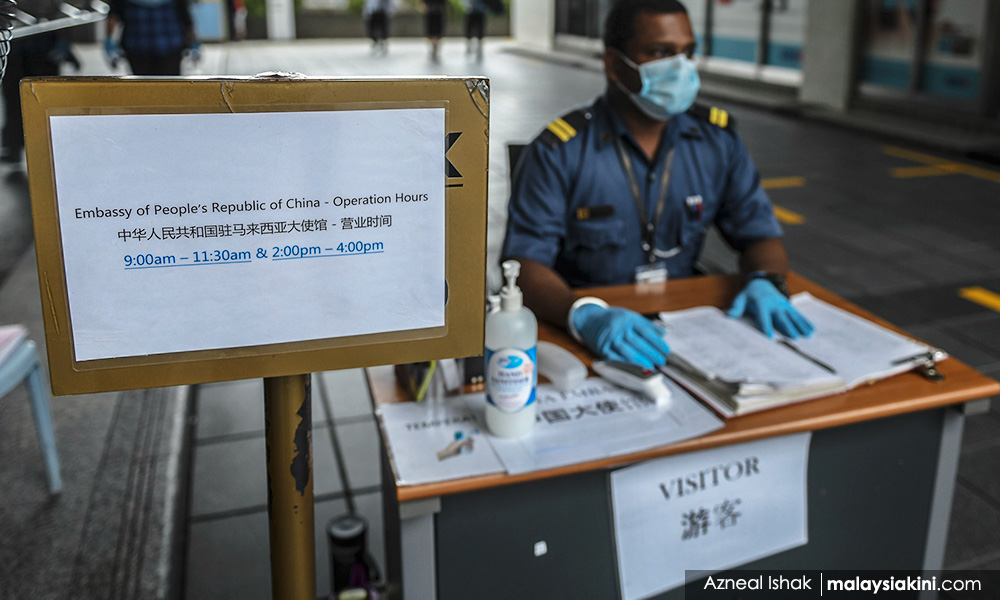COMMENT | Unlike the Covid-19 pandemic which equally hit hard all businesses, especially the small and medium-sized enterprises (SMEs), the movement control order (MCO) implemented by the government does not have the same, equal impact on businesses.
For starters, those non-essential businesses will have to close shop for the entire duration of the MCO which obviously means zero revenue for them throughout this period.
In contrast, those businesses categorised as essential services can still operate albeit with less customers due to the social distancing measures and curtailment of daily business operation hours that the MCO imposed – with good reasons of course – on them.
This means their revenue, although reduced, will never be zero throughout the entire MCO period. Take the case of your neighbourhood grocers or convenience stores – people still come to them to buy their necessities at the allowable time.
However, one category of essential businesses that does not enjoy this “luxury” of a non-zero revenue is the frontline private security industry.
They are considered frontliners and have a ubiquitous presence because private security guards play an important and essential role in guarding schools, hospitals, private residences and other private and government buildings to ensure round the clock security and safety at these places.
In addition, during the pandemic, they are the first line of defence in screening visitors entering a building through temperature checks. In supermarkets and groceries stores, they would also be the ones to enforce social distancing and administering the use of sanitisers on all customers in a queue.
In carrying out these tasks, they too face the risk of exposure to the unseen, lethal and contagious virus just like the frontline healthcare personnel in hospitals and clinics.
And to emphasise another aspect of the importance of the industry, the president of the Malaysian Security Industry Association (PIKM) Ramli Yusuff said in the matter of national security such as an emergency, the Home Ministry can call up and mobilise all their security guards.
This is because the industry is considered a third line of defence after the police and the armed forces.
With some 902 security companies as members, the association has at its disposal some 150,000 local guards and 30,000 Nepalese guards – including armed guards and bodyguards – to ensure the basic security in any given place, and then work with the police should that basic security is breached.

Like healthcare personnel on the frontline, the association is facing an urgent shortage of face masks, sanitisers and gloves to supply to their guards.
Now, having established their position as a frontline and essential service industry, why should they be unable to garner some revenues during MCO?
The answer as provided by Ramli is the majority of PIKM members have as their clients, businesses which are of a non-essential category, and as such their clients are in a precarious financial position because of their zero-revenue situation that they can’t pay their security bills.
“Although our industry is an essential service, we end up just like the non-essential in experiencing zero revenue during the MCO,” lamented Ramli.
He hopes the government, in announcing its financial stimulus for SMEs, would make it compulsory for those SMEs, on receiving financial assistance, to immediately pay their security bills to members of the PIKM that had provided security services to them during the MCO.
“Or better still, the portion owed to our members can be given directly to us and we will distribute it to all our affected members,” he added.
Post MCO, the association is appealing to the government to freeze the minimum wage requirement for the industry because it is affecting their margin.

In 2019, the minimum wage was RM1,100 but was increased early this year to RM1,200 in 57 major districts. With the increase, a local guard cost almost RM2,600 inclusive of overtime, EPF and Socso, if they work 26 days, 12 hours per day.
“We are asking the government to freeze the minimum wage because our clients are not willing to increase the present rate. As such our profit is reduced by RM200 to RM300 per guard. Post MCO, we hope the government will not increase the minimum wage for three years otherwise this will kill our industry,” Ramli explained.
For comparison, with a minimum qualification of PMR or SPM for the job, getting RM2,600 is indeed incompatible with a fresh graduate such as a legal assistant earning a salary of RM2,700.
Post MCO is the time for the government to help the industry with the problem of cash flow by providing training grants and freezing the minimum wage. Many countries including Australia and the UK are moving towards freezing minimum wage in helping businesses to cope during the post lockdown period.
JAMARI MOHTAR is director, media & communications at Emir Research, a think- tank focused on strategic policy recommendations based on rigorous research.
The views expressed here are those of the author/contributor and do not necessarily represent the views of Malaysiakini.

